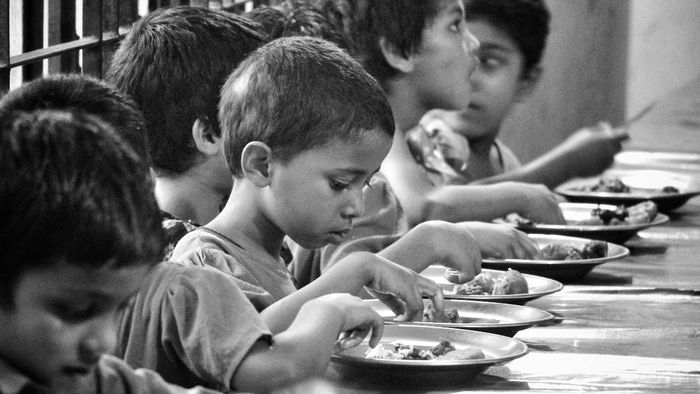Most countries lack proper school food regulations, UNESCO report finds
UNESCO's recent report highlights a global gap in school food regulations, affecting millions of children. The organisation urges governments to implement comprehensive nutritional policies to improve health and learning outcomes

- Apr 20, 2025,
- Updated Apr 20, 2025, 4:09 PM IST
Four out of ten countries worldwide have no legislation or standards governing food and beverages in schools, according to a new UNESCO Global Education Monitoring Report. The study, published in collaboration with the Research Consortium for School Health and Nutrition, reveals significant gaps in school nutrition policies globally.
"Only 93 out of 187 countries have legislation, compulsory standards or guidance on school food and beverages. However, only 29 per cent of these 93 countries had measures restricting food and beverage marketing in schools, and only 60 per cent have standards governing food and beverages," the report states.
The findings show that in most low- and middle-income countries, food and nutrition education is predominantly delivered through extracurricular activities rather than being integrated into the core curriculum. Formal assessment of these programs is rare, with regular evaluations conducted in just three of 28 countries surveyed.
While many school meal programs aim to address education alongside nutrition and health goals, the report notes that "fewer programmes focus on preventing or mitigating obesity."
The study also highlights inconsistencies in food marketing restrictions, with 72 per cent of countries reporting some limitations on school grounds and 52 per cent implementing national-level prohibitions on certain foods permitted near schools.
Policy approaches in high-income countries tend to emphasise individual dietary choices rather than transforming food environments. "There was a lack of emphasis on reducing consumption of unhealthy food or drinks. There was an emphasis on individual responsibility instead of the food environment and on regulatory and legislative reforms," the report observes.
UNESCO recommends implementing comprehensive "whole-school" approaches that combine meal provision with nutrition education, physical activity, and extracurricular initiatives. The report also advocates for lifelong food literacy through formal and informal learning opportunities.
"There is a need to build capacity at all levels through education and training across a range of sectors, including health, nutrition, agriculture and food systems. Despite clear interdependencies, the linkages between education and nutrition remain under-researched, including in data collection and monitoring of programmes and outcomes," according to the report. (PTI)